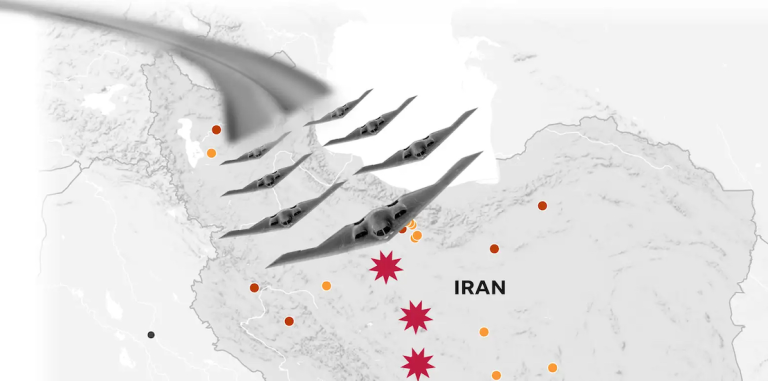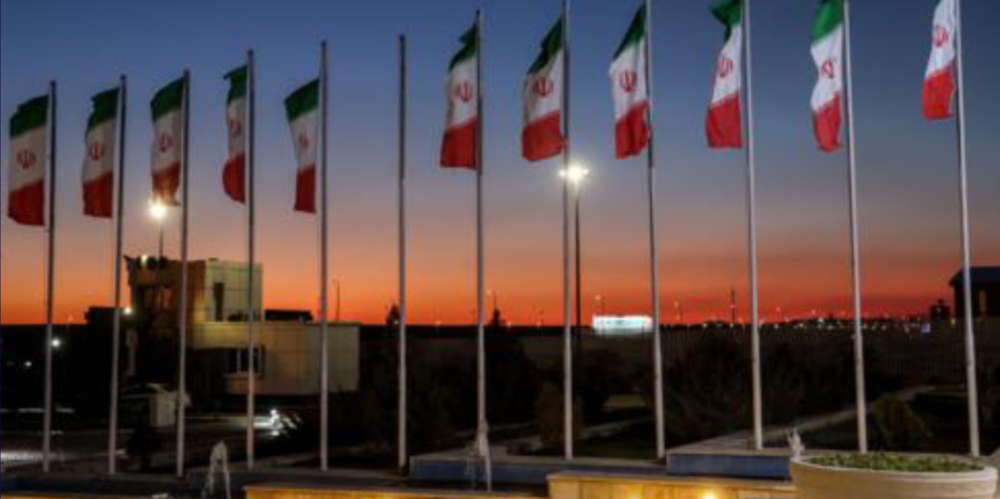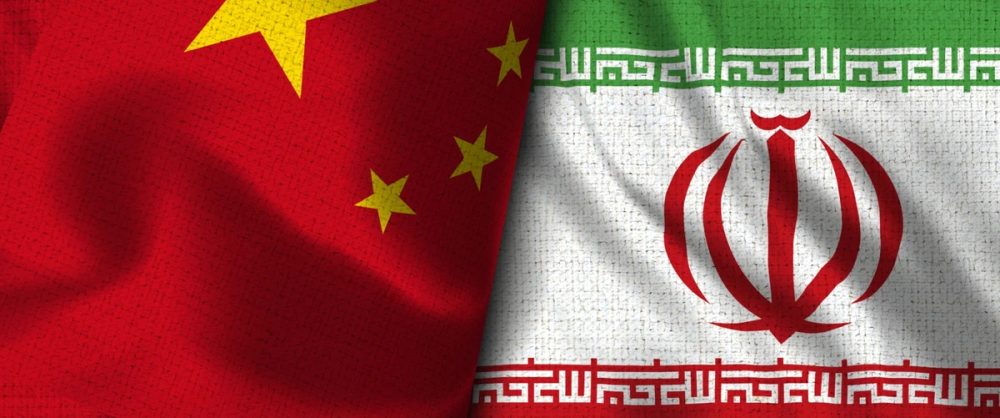
Beijing urges international community to de-escalate tensions after attacks on nuclear facilities
New York, N.Y. — China has strongly condemned recent U.S. military strikes on Iran, including bombings targeting nuclear facilities under International Atomic Energy Agency (IAEA) safeguards. The condemnation came after U.S. President Donald Trump confirmed attacks on three Iranian nuclear sites, escalating already high tensions in the Middle East.
A Chinese Foreign Ministry spokesperson denounced the strikes as a violation of international law and the U.N. Charter, warning that the actions risk further destabilizing the region. The statement called for an immediate ceasefire, protection of civilians, and a return to diplomatic negotiations.

U.S. Strikes Spark Global Outcry
The U.S. military operation, reportedly conducted with Israel’s involvement, targeted Iranian nuclear facilities in Natanz, Fordow, and Isfahan.

President Trump justified the strikes as a “preemptive measure” against Iran’s nuclear weapons program, though Tehran has long maintained its nuclear activities are peaceful.
China, a key ally of Iran, accused the U.S. of undermining global non-proliferation efforts and disregarding IAEA oversight.
The Foreign Ministry stated, “The actions of the United States seriously violate the purposes and principles of the U.N. Charter and have exacerbated tensions in the Middle East.”
The European Union, Russia, and several Arab states also expressed concern, with calls for an emergency U.N. Security Council meeting.
Risk of Wider Regional Conflict
Analysts warn that the strikes could trigger a broader Middle East war, drawing in Iran-backed militias in Iraq, Syria, and Yemen. Iranian Supreme Leader Ayatollah Ali Khamenei vowed “severe retaliation,” raising fears of strikes on U.S. bases or Israeli targets.
China, which has deepened economic and security ties with Iran through a 25-year strategic partnership, urged restraint. The Foreign Ministry emphasized, “China stands ready to work with the international community to uphold justice and restore peace and stability.”

Diplomatic Fallout and Economic Implications
The attacks have further strained U.S.-China relations, already tense over Taiwan, trade, and military posturing in the Indo-Pacific. Beijing may leverage the crisis to position itself as a mediator, contrasting with Washington’s unilateral actions.
Economically, oil prices surged amid fears of disrupted Persian Gulf shipments. China, a major importer of Iranian oil, faces potential energy market instability.
International Calls for De-Escalation
The U.N. Secretary-General urged all parties to avoid further escalation, while Russia proposed a Security Council resolution condemning the U.S. strikes. Turkey and Qatar called for an emergency Arab League summit, while Saudi Arabia and the UAE remained cautiously silent.
China’s push for dialogue aligns with its broader Middle East policy, balancing ties with Iran and Gulf Arab states. However, with Washington and Tehran hardening positions, prospects for a swift diplomatic resolution remain uncertain.
#USIranTensions #ChinaDiplomacy #MiddleEastCrisis #StopTheWar
Tags: U.S.-Iran conflict, China foreign policy, Middle East tensions, nuclear facilities, IAEA, U.N. Security Council
